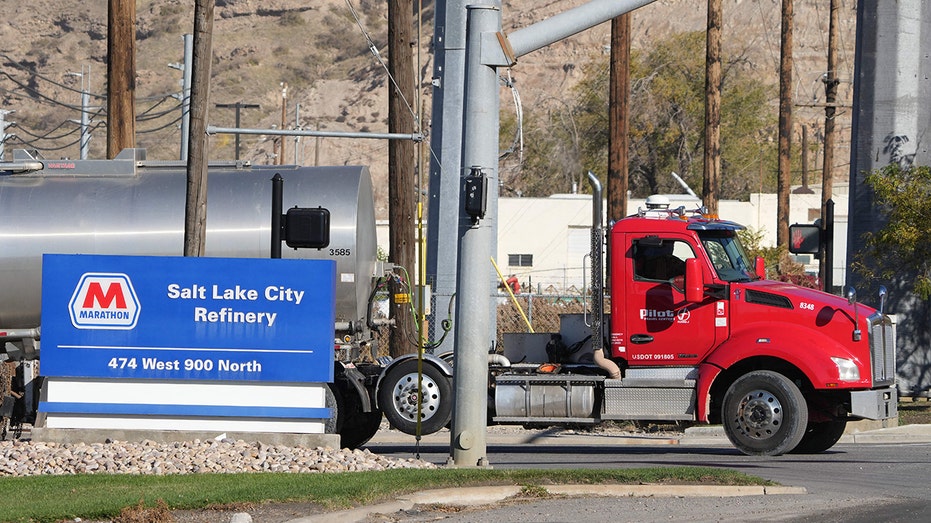Inflation worsens in Mountain States, with prices soaring above 10%
Inflation in Mountain States is far higher than rest of US
As long as inflation is high, people will keep pouring money into the stock market: Ann Berry
Wheelhouse Chief Investment Officer Ann Berry and Advisor Group Chief Market Strategist Phil Blancato react to the PPI reaching a record high on 'Making Money.'
Several Western states have become a hotbed for inflation in the U.S.
The Labor Department reported on Tuesday that consumer prices in the Mountain region that includes Montana, Wyoming, Idaho, Nevada, Utah, Colorado, Arizona and New Mexico surged by a stunning 10.4% in March from the previous year. That is well above the national average of 8.5%, which is already the fastest pace since December 1981.
MARCH INFLATION BREAKDOWN: WHERE ARE RISING PRICES HITTING AMERICANS THE HARDEST?
That's at least in part due to soaring real estate prices in the Rocky Mountain region as thousands of Americans look to relocate. In Phoenix, Arizona, for instance, the typical home sold for $435,000 in December – 28% more than the previous year, according to real estate brokerage firm Redfin. The average price of a home in Colorado jumped by close to 20% over the past year.
Other states are also experiencing inflation that's well above the national average. Prices were up 9.5% in a handful of states, including Texas, Oklahoma, Arkansas and Louisiana. Prices in the South Atlantic, meanwhile, shot up by 9.2%; that region encompasses Maryland, West Virginia, Virginia, North Carolina, South Carolina, Georgia and Florida.
By comparison, prices in the mid-Atlantic – New York, New Jersey and Pennsylvania – were far lower, climbing 7.2% in March from a year ago, slightly below the national average. The New England region also experienced inflation rates slightly below average, with prices rising 7.4% year-over-year in March.
Rising inflation is eating away at strong wage gains that American workers have seen in recent months. Real average hourly earnings rose just 0.1% in January from the previous month, as the 0.6% inflation increase eroded the 0.7% total wage gain, according to the Labor Department. On an annual basis, real earnings actually declined 1.7% in January.

A gasoline truck leaves a Marathon Oil Refinery after it was loaded with fuel in Salt Lake City, Utah, Oct. 29, 2021. (George Frey/AFP via Getty Images) / Getty Images)
On average, Americans are shelling out an extra $276 a month on goods and services because of inflation, according to a new Moody's Analytics analysis.
The inflation spike has been bad news for President Biden, who has seen his approval rating plunge as consumer prices rise. The White House has blamed the price increases on the Russian war in Ukraine, supply chain bottlenecks and other pandemic-induced disruptions in the economy, while Republicans have pinned it on the president's massive spending agenda.
GET FOX BUSINESS ON THE GO BY CLICKING HERE
In Iowa on Tuesday, Biden attributed the largest inflation spike in 41 years to Russian President Vladimir Putin, dubbing the increase "Putin's price hike."
"Your family budget, your ability to fill up your tank, none of it should on hinge on whether a dictator declares war and commits genocide a half a world away," Biden said. (The president later said he would let "lawyers decide internationally" whether or not Russian actions in Ukraine qualified as genocide. The U.S. has its own internal process for designating whether genocide has occurred).





















